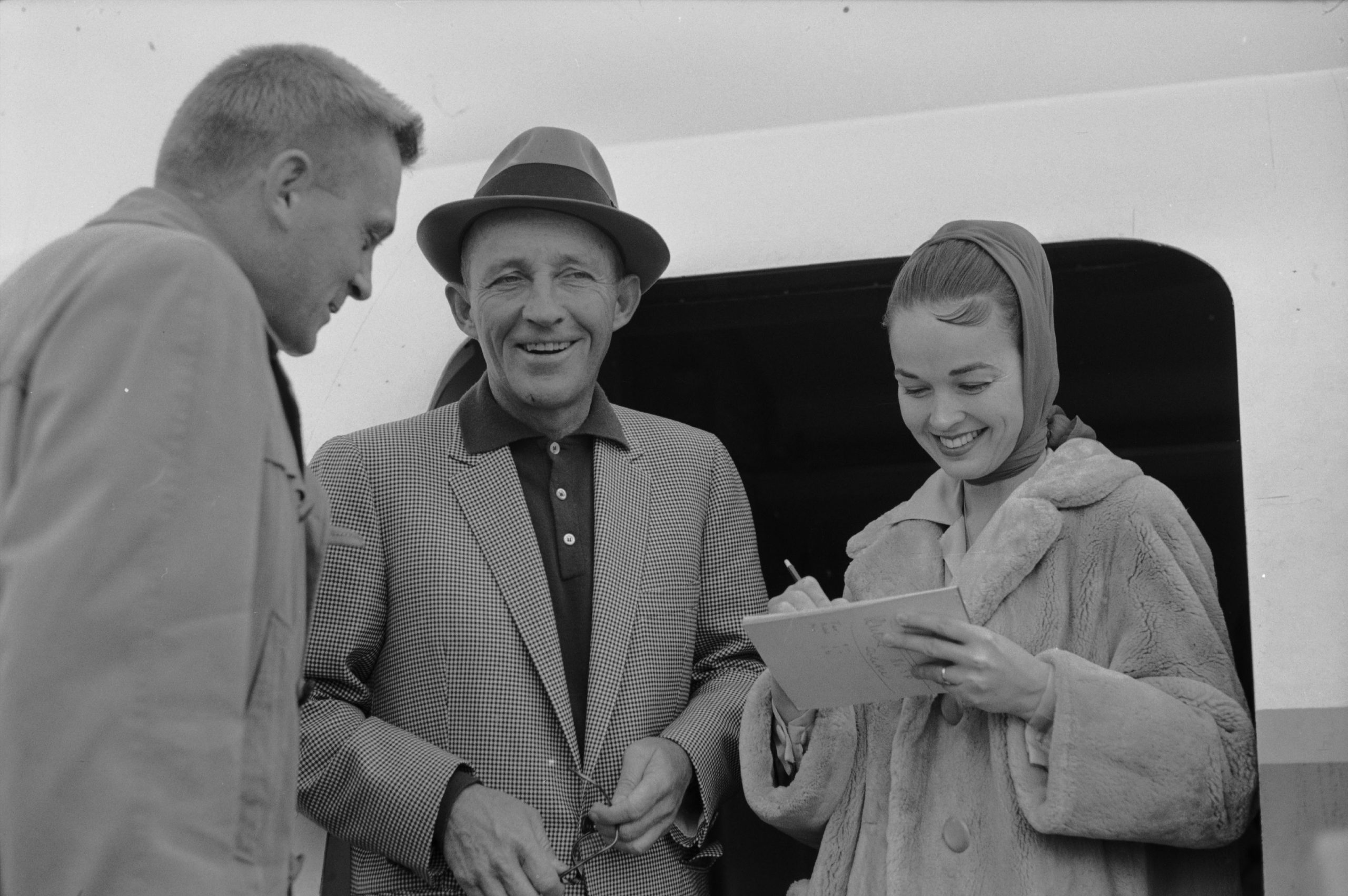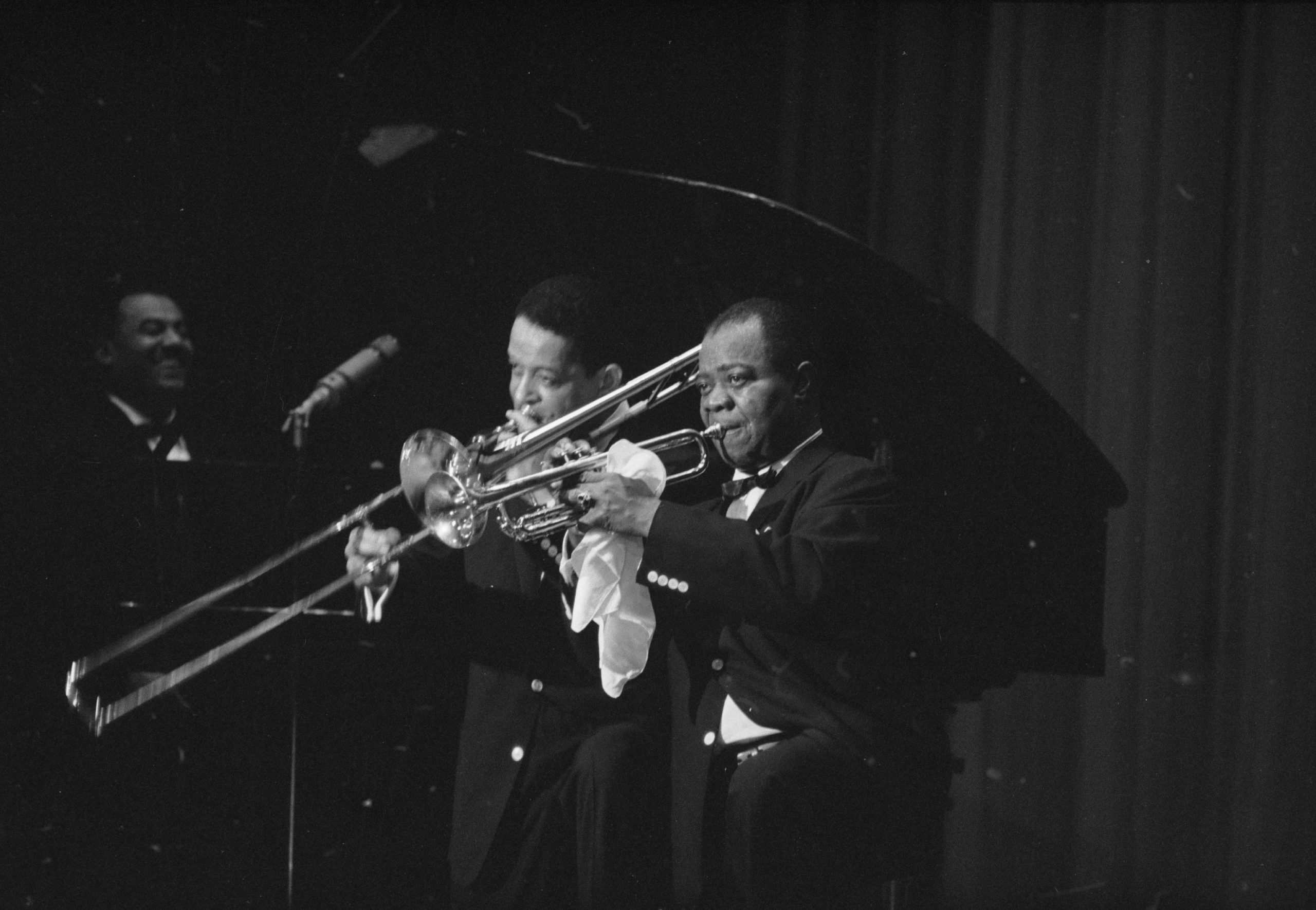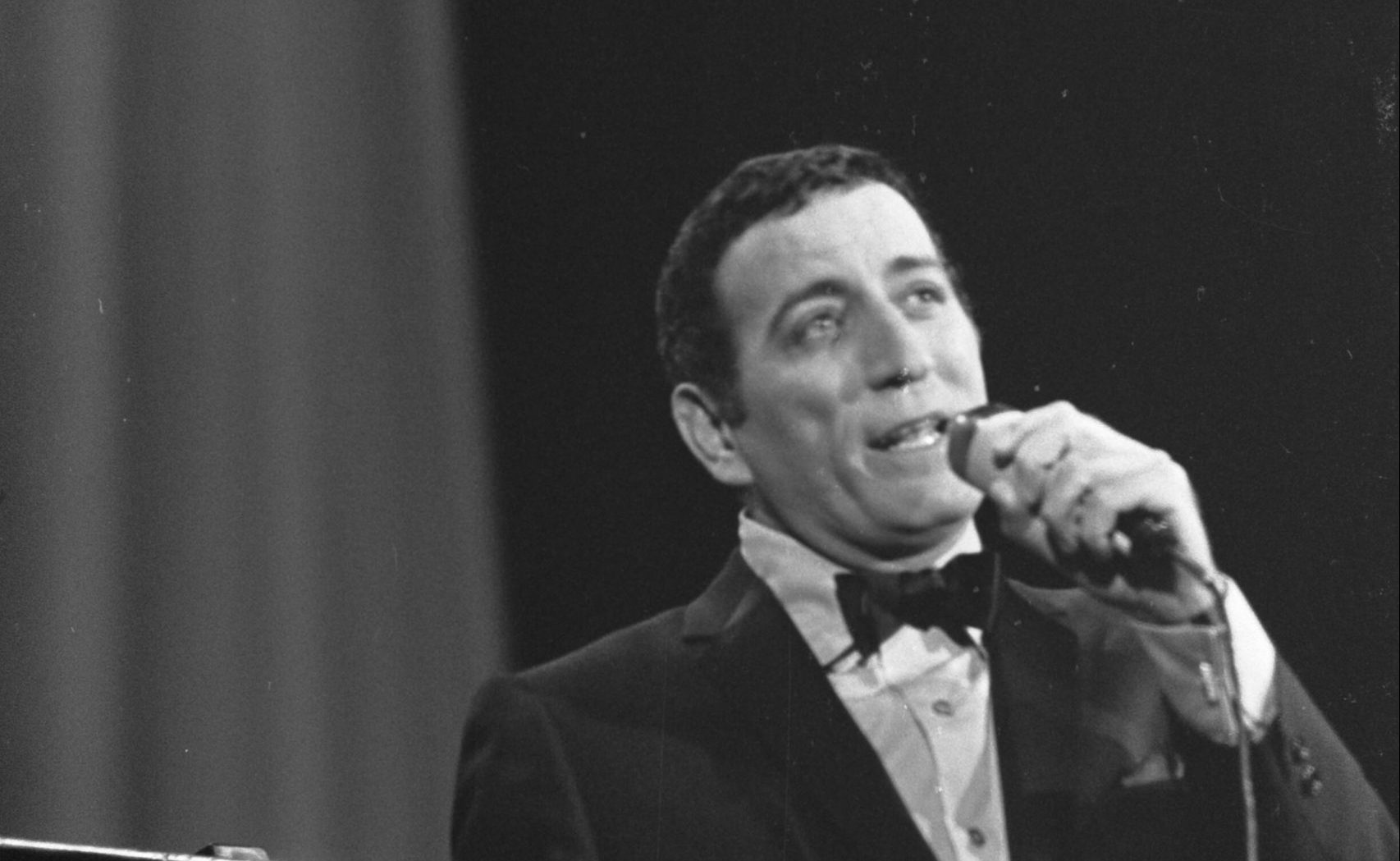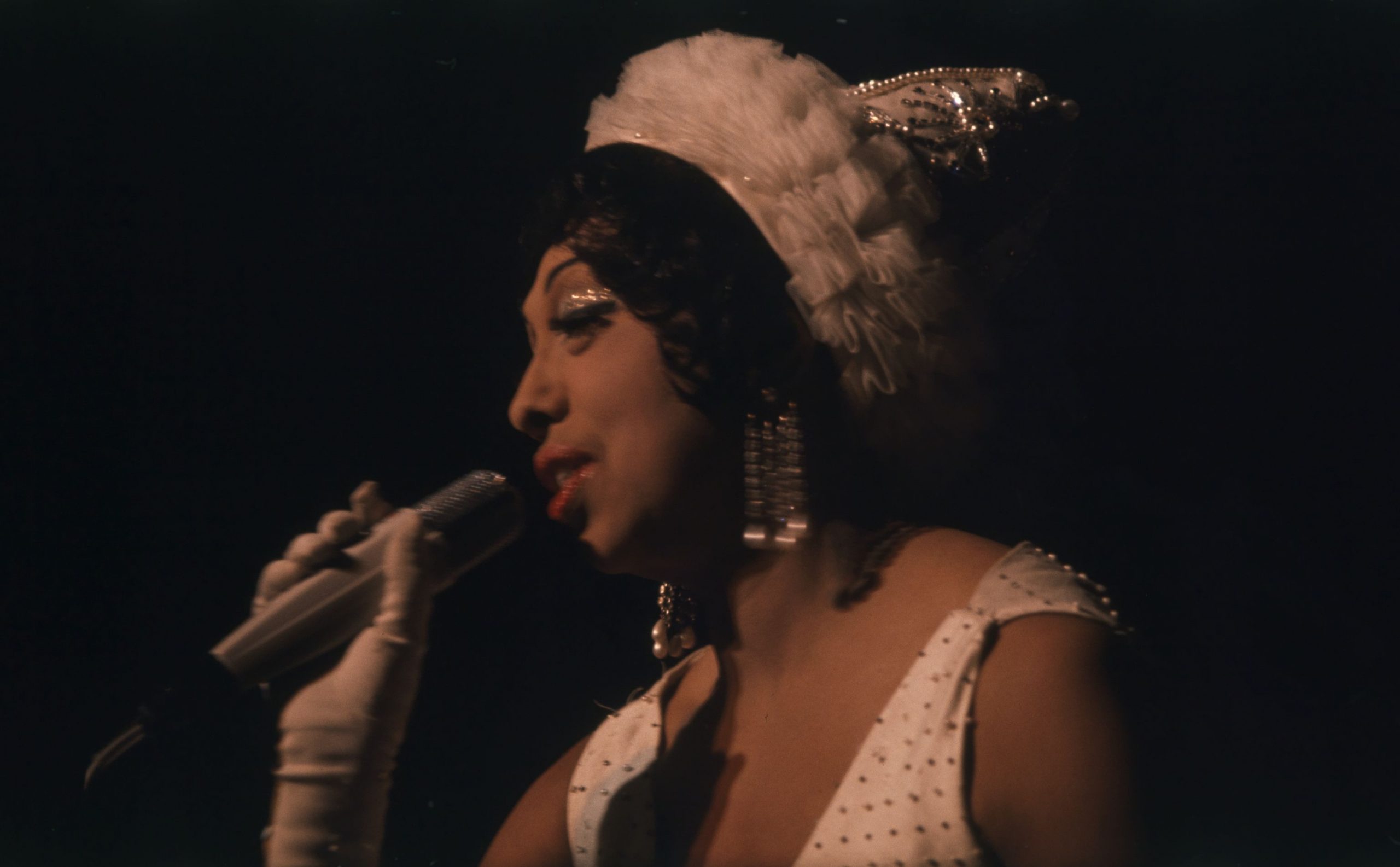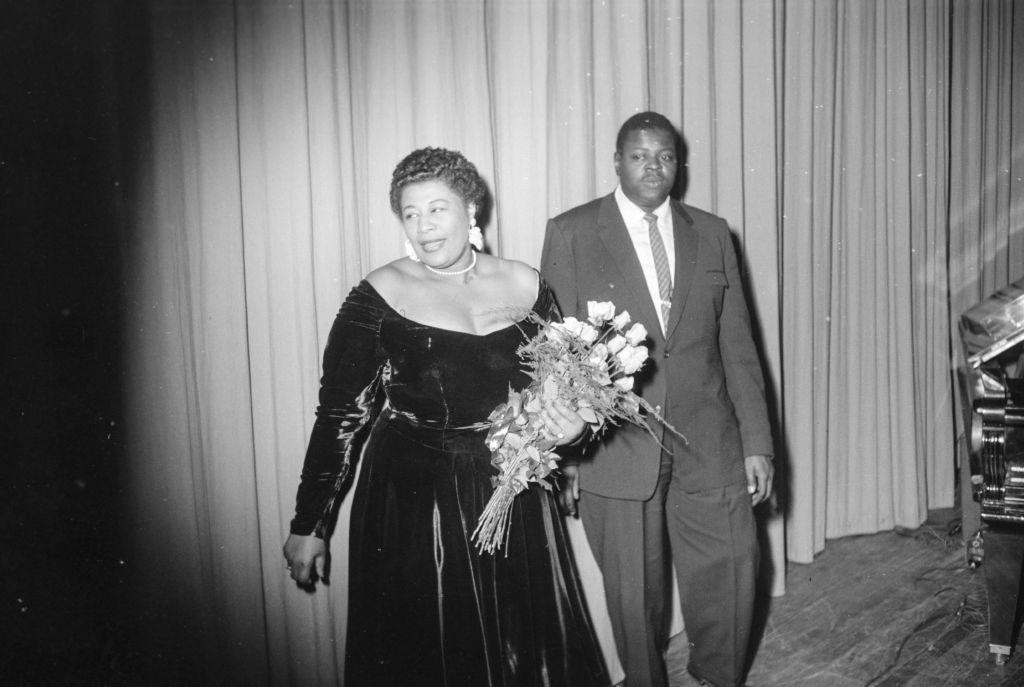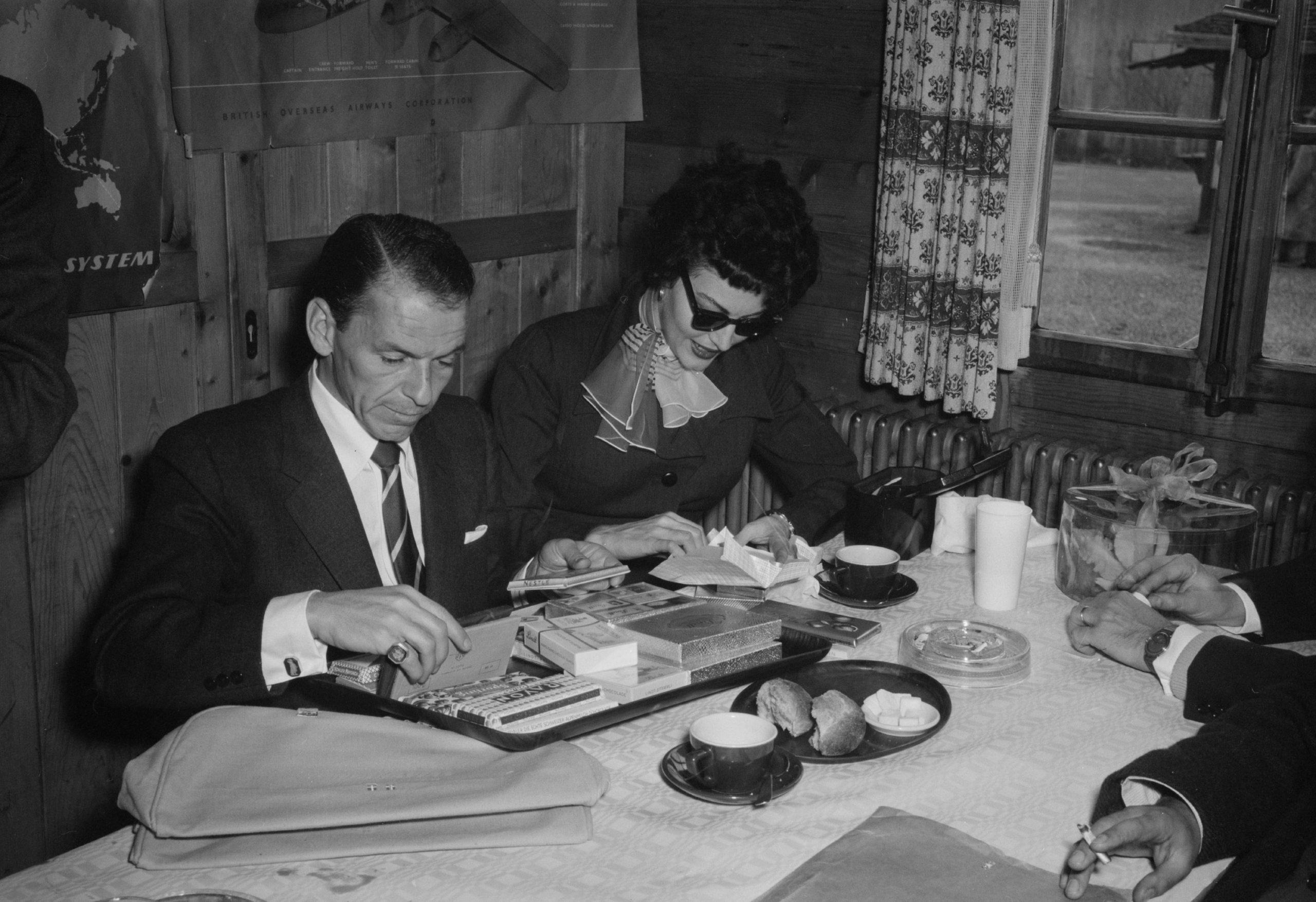When the term ragtime is mentioned, one inevitably thinks of an unmistakable musician who invented the ragtime genre: The composer and pianist Scott Joplin (1867/68 – 1917) is considered the inventor of ragtime. Ragtime is often regarded as the forerunner of jazz – without question, musical movements such as jazz would never have developed without ragtime. The biggest difference between jazz and ragtime is that ragtime still lacked the improvisational element that is so characteristic of jazz: what role did the composer Scott Joplin actually play in the invention of jazz by creating the genre of ragtime?
Ragtime probably first became known to a wide audience when the film The Sting, which won seven Academy Awards and starred Robert Redford and Paul Newman, was released in 1973. In the arrangements by Marvin Hamlisch, the audience was invited to discover ragtime in the course of the film – the music fitted into the setting of the movie, so to speak.
Weiss gave the young musical talent a full introduction to European culture.
Julius Weiss – Joplin’s teacher
The pianist Scott Joplin is said to have mainly taught himself to play the piano – but even a self-taught pianist needs inspiration to learn his craft.
In the United States at the time, which was characterized by racial segregation, a musically talented boy of African-American descent would rarely – if ever – have had the opportunity to take professional piano lessons.
But Scott Joplin was very lucky: his musical talent was discovered at a very young age by the German-born music professor Julius Weiss. For a long time, it was completely unknown who taught Scott Joplin in his early years – it was only over sixty years after Joplin’s death in 1917 that anyone became aware of the life of Julius Weiss. Weiss gave Joplin free piano lessons, trained his ear for music and taught him the basics of reading music. The musician Weiss is said to have played the works of the great composers to the young Scott Joplin – as Weiss was a great lover of opera, he also introduced the young Joplin to numerous operas. This may explain Scott Joplin’s later desire to compose operas.
But Julius Weiss not only taught Joplin the basics of European music: Weiss gave the young musical talent a full introduction to European culture. After many decades in which it was unknown who set the young Joplin on his musical path, posterity now agrees that Scott Joplin would never have existed in this form without Julius Weiss’ commitment. Jazz can therefore also be indirectly traced back to the influences of Julius Weiss, who was born in Saxony.
“Wandering years”
The so-called “wandering years” from the mid-1880s are considered to have been very important for the young Scott Joplin: during this time, the young musician passed through various bars and brothels where he came into contact with the ruling social class – during this phase of his life, he traveled to Oklahoma City, New Orleans and St. Louis, among other places. At some point, however, Scott Joplin grew tired of constantly traveling around: He decided to study music at George R. Smith College in Missouri from 1885. This college was one of the few in the USA that specialized in training musical talent of African-American descent.
Scott Joplin actually hoped to begin a successful career as a concert pianist and composer of classical music: But the conditions in American society at the time simply would not have made such a career possible.
But there was still one possibility for Joplin: he could try his hand at publishing music. There was no law prohibiting people of African-American descent from publishing music.
The Entertainer – Work in St. Louis
Scott Joplin teamed up with the music publisher John Stark for this: John Stark (1841 – 1927) is regarded today as one of the most important publishers of ragtime music and promoted Scott Joplin by publishing his music and thus making it accessible to a wide audience. Through John Stark, the Maple Leaf Rag, Wall Street and Pleasant Moments found their way to the masses of music enthusiasts. Little could John Stark have known at the time that by publishing Scott Joplin’s music, he was not only giving Joplin’s ragtime music a chance to assert itself in the world, but was also laying the foundations for the later burgeoning jazz movement.
In 1899, Scott Joplin seized the opportunity to settle in St. Louis. From then on, he earned his living there as a teacher and composer of music (especially ragtimes).
The Maple Leaf Rag is also said to have been written in St. Louis, which was to become Scott Joplin’s best-known composition and was formative for the ragtime genre: although Scott Joplin had never had the benefit of classical training as a pianist, he was considered a successful and sought-after composer at the turn of the century. Another very well-known ragtime from the pen of Scott Joplin is The Entertainer.
Scott Joplin soon thought about writing not just simple pieces, but more complex works that made use of the stylistic means of ragtime: this is how he came to write his first opera A Guest of Honor in 1903, which is now considered lost.
Scott Joplin not only wrote the music for Treemonisha, he also wrote the libretto and designed the choreography.
The opera Treemonisha
In 1907, Scott Joplin moved to New York, where he wrote The School of Ragtime, which served as a kind of instruction manual for ragtime. In 1909, Scott Joplin’s contract with the music publisher John Stark came to an end, leaving Scott Joplin to publish his works on his own. In the final years of his career as a musician, everything revolved around his opera project Treemonisha: Joplin was so engrossed in this project that he put everything else on the back burner and devoted himself solely to composing this one opera. As his contract with John Stark was over, he had to finance the publication of his opera entirely himself – an undertaking that presented him with an enormous challenge. In Treemonisha, Scott Joplin managed to transfer his musical ideas into the classical form of a three-act opera – Joplin thus created a symbiosis of classical European music and his own creation, ragtime. Scott Joplin not only wrote the music for Treemonisha, he also wrote the libretto and designed the choreography. There is no doubt that he drew on the knowledge he had acquired from Julius Weiss at a young age. However, Scott Joplin did not live to see a public premiere of his opera Treemonisha: some sources assume that his obsession with the success of this opera led to a nervous breakdown around 1911, which heralded the end of his musical career and also led to his relatively early death in 1917.
“America’s classical music”
It was not until the 1970s, more than fifty years after Scott Joplin’s death, that the work of the American composer and pianist began to attract renewed interest: in 1972, his opera Treemonisha, which had meant so much to him during his lifetime, was performed on Broadway. The prominent use of his music in the film The Sting (1973), which won several Academy Awards, was undoubtedly the decisive factor in Scott Joplin’s music being considered relevant again today from a music-historical perspective: it is questionable whether anyone – apart from musicologists – would still remember Joplin today if his music had not been used for the 1973 film starring Robert Redford and Paul Newman.
Scott Joplin’s “Ragtime” went down in music history as “America’s Classical Music”: With it, the composer of African-American descent provided the basis for everything that is called jazz, blues, swing or bebop today.
One question can be asked today: What did it sound like when Scott Joplin performed his famous ragtime The Entertainer on a honky-tonk in the early years of the 20th century?
Cover picture: © Simon von Ludwig
Main sources: The article on Scott Joplin in the Encyclopedia Britannica and an article on Scott Joplin published in the magazine Jazzpodium No. 10-11/2023.
The information about Julius Weiss’ role in Scott Joplin’s early life comes from:
Albrecht, Theodore. “Julius Weiss: Scott Joplin’s First Piano Teacher.” College Music Symposium, vol. 19, no. 2, 1979, pp. 89-105

 Deutsch
Deutsch
